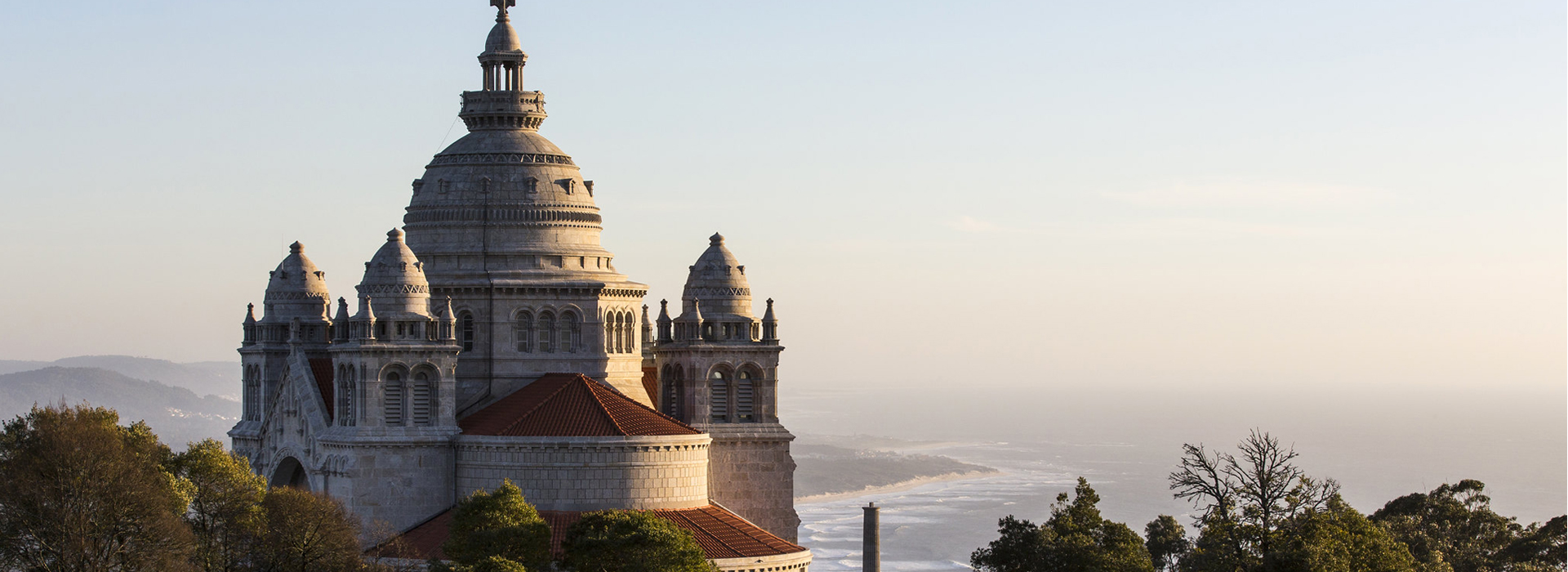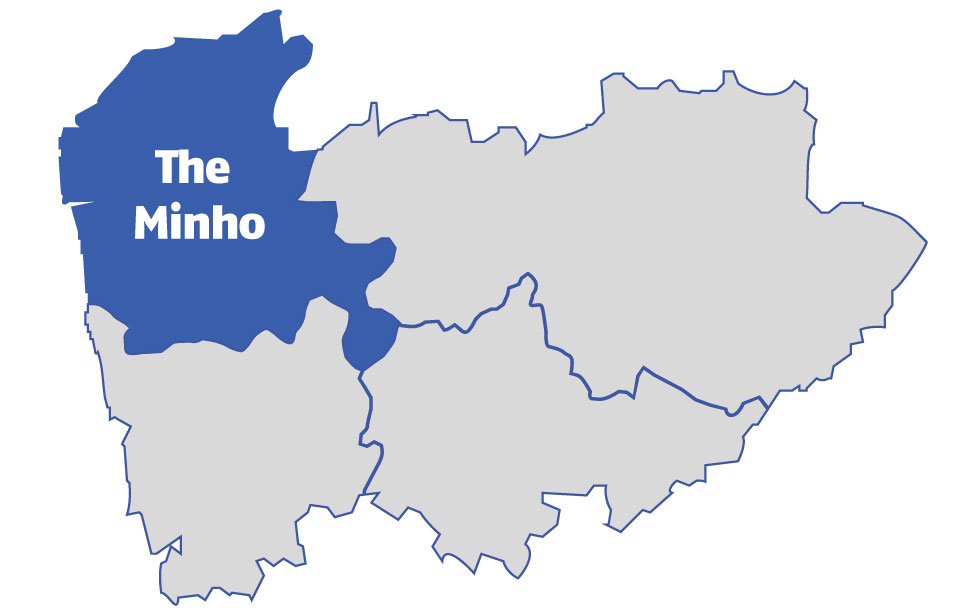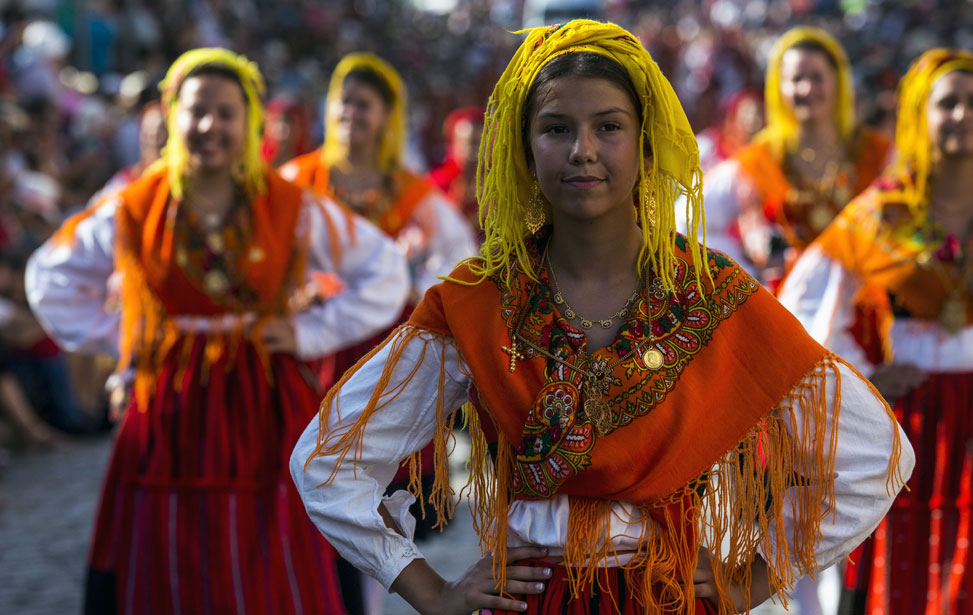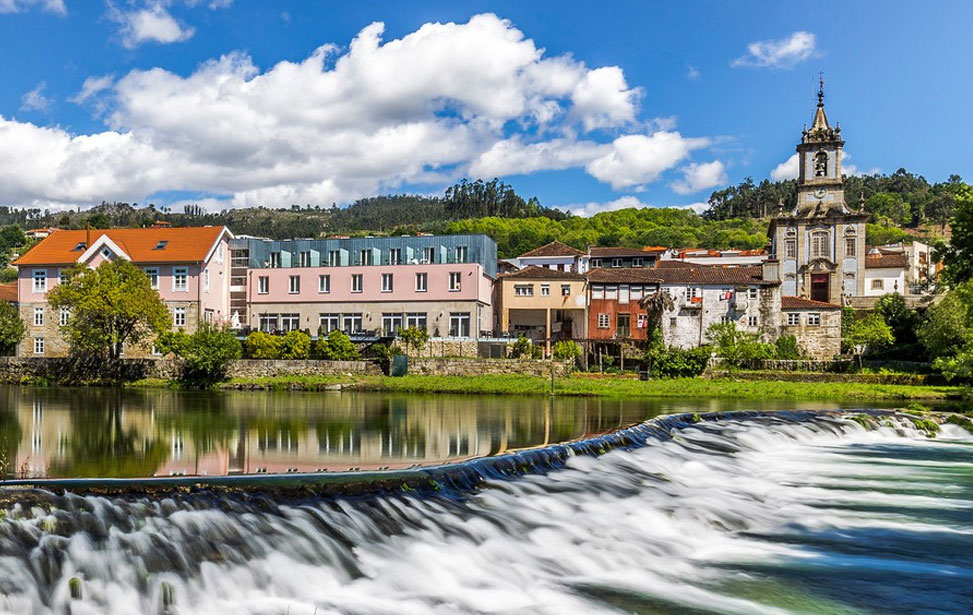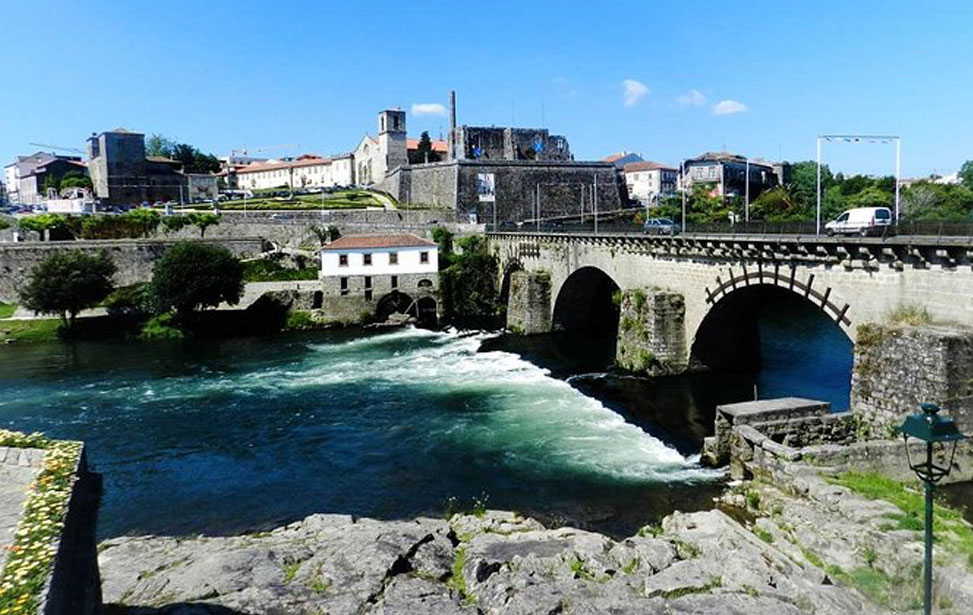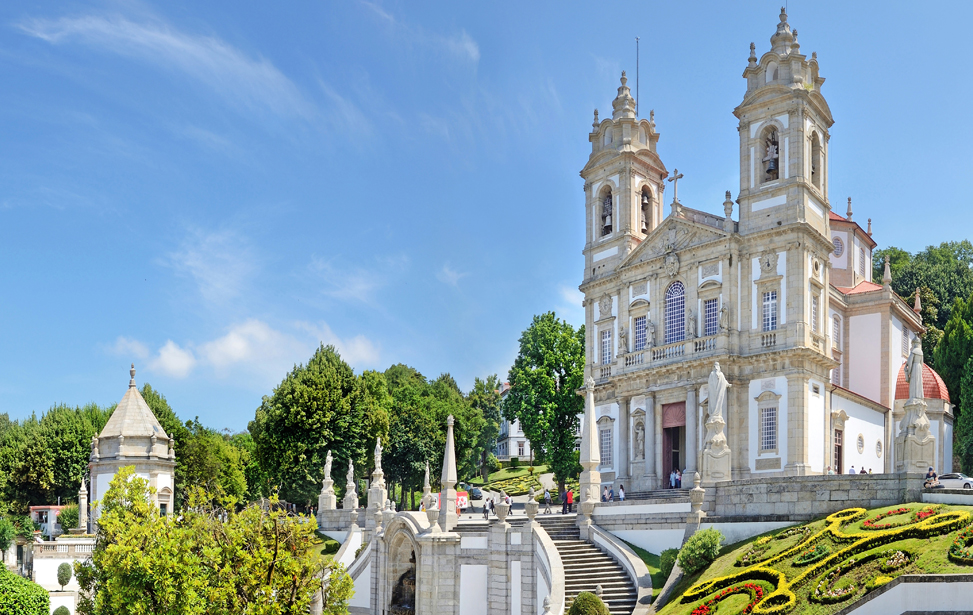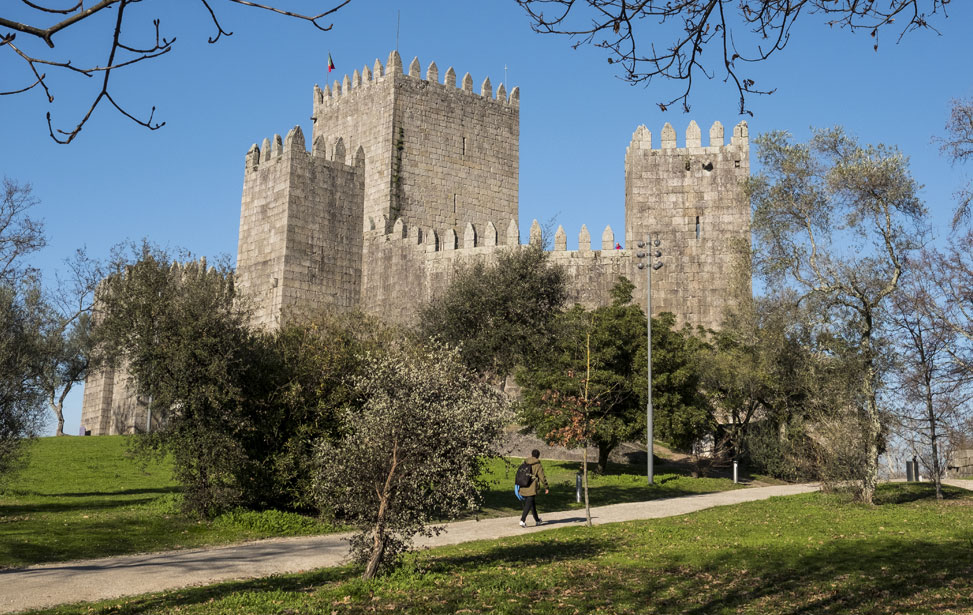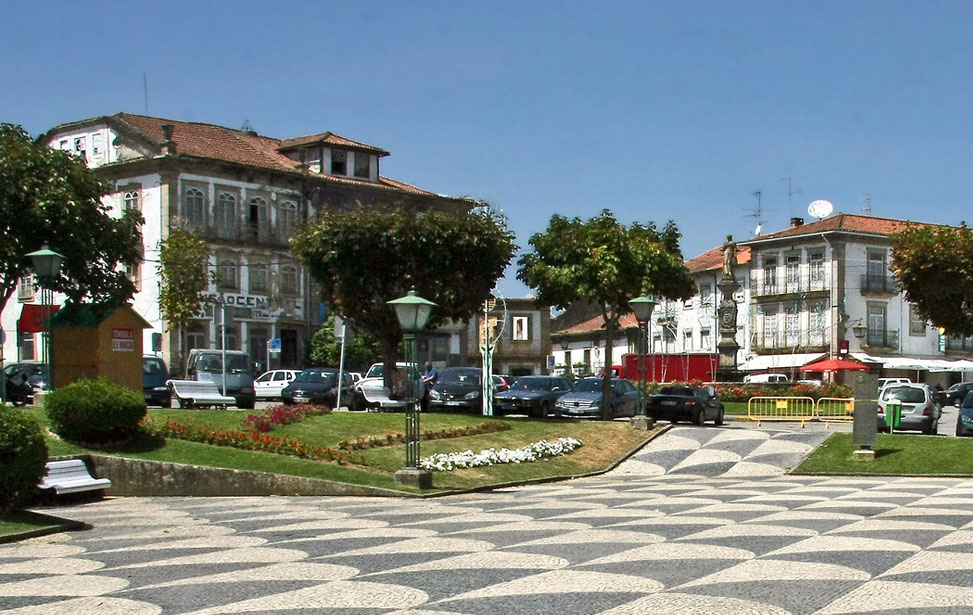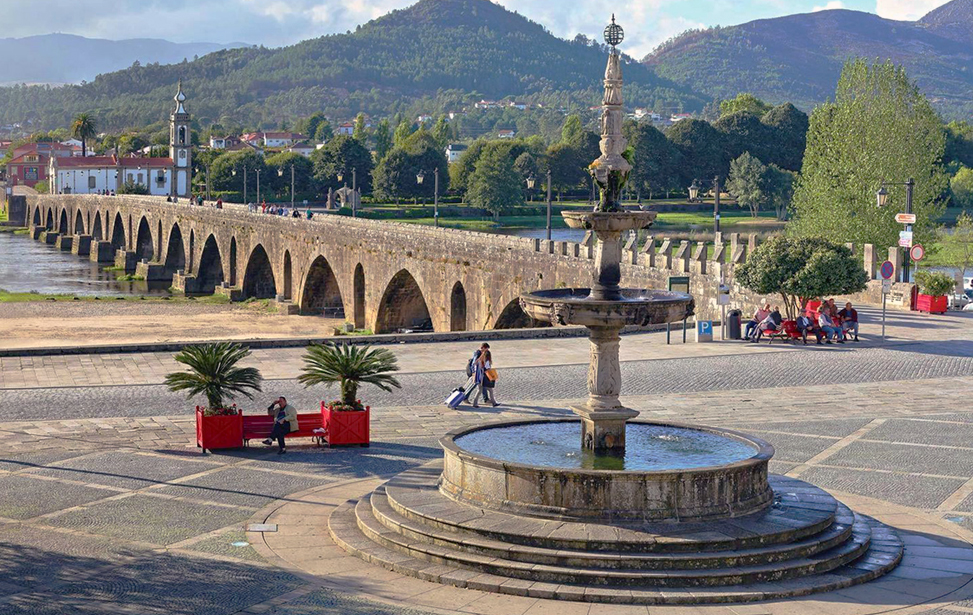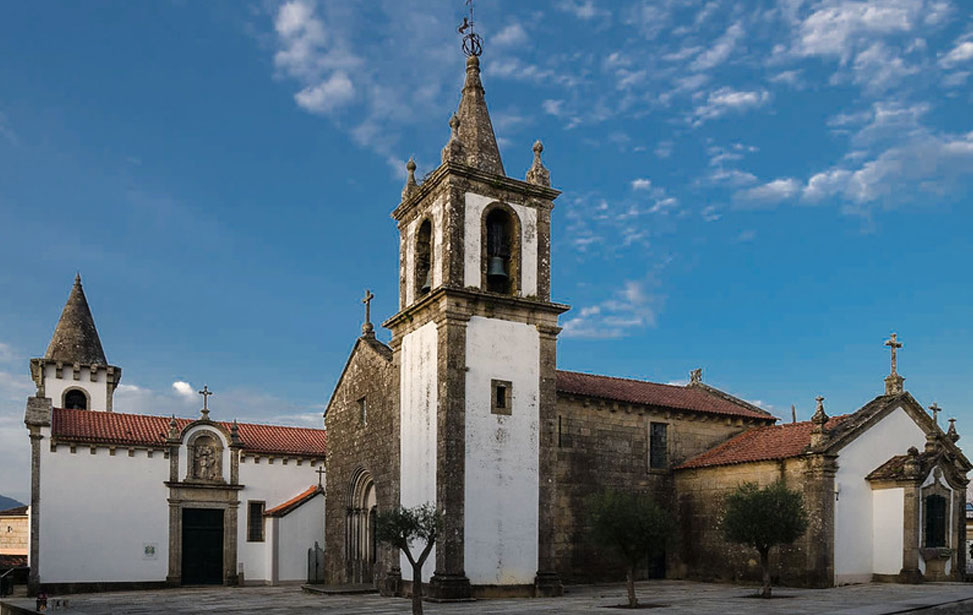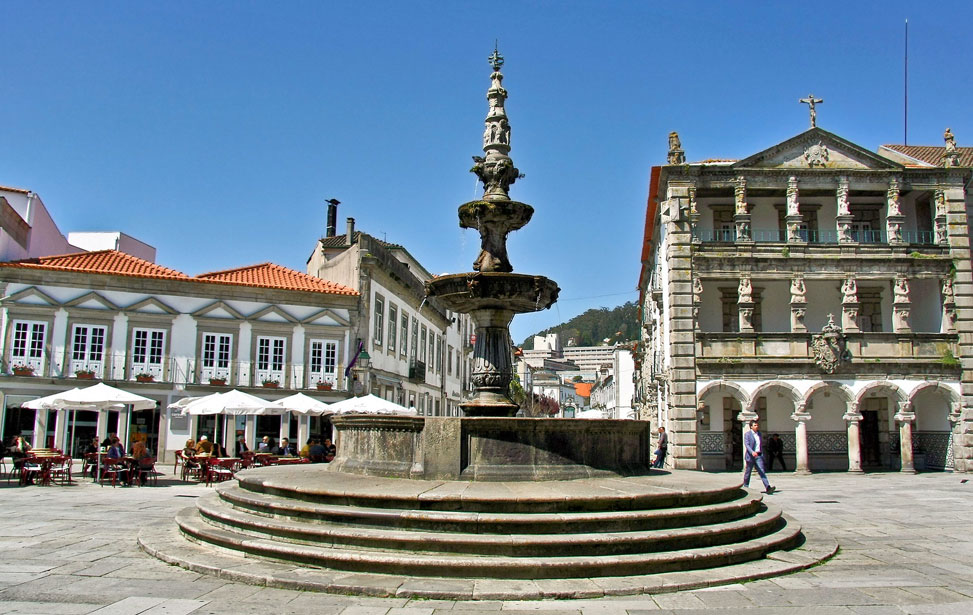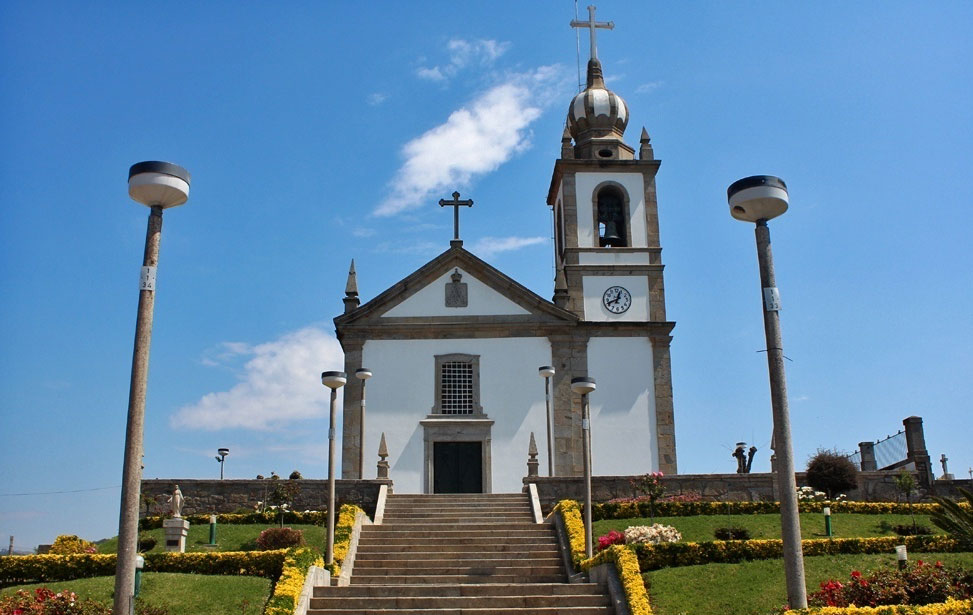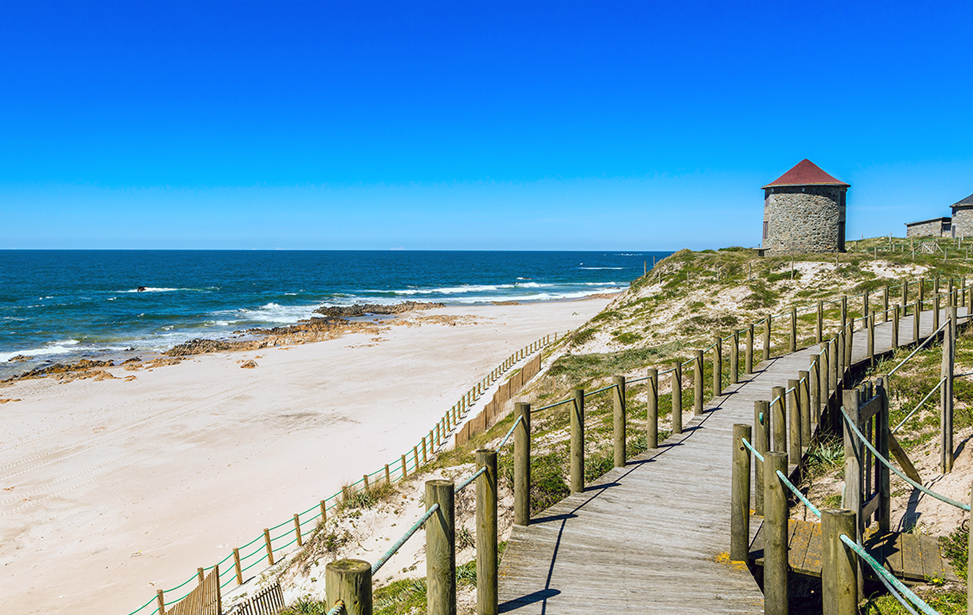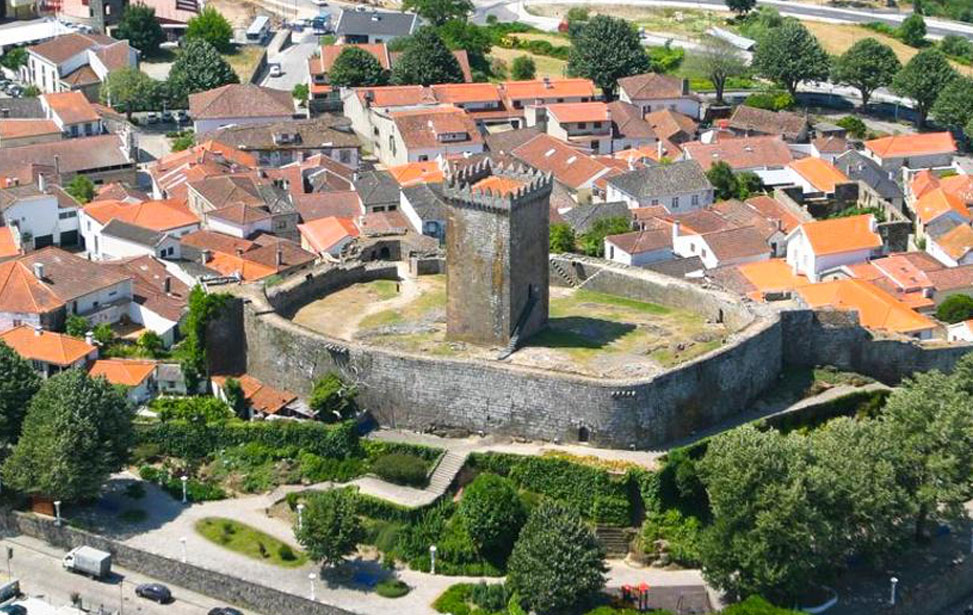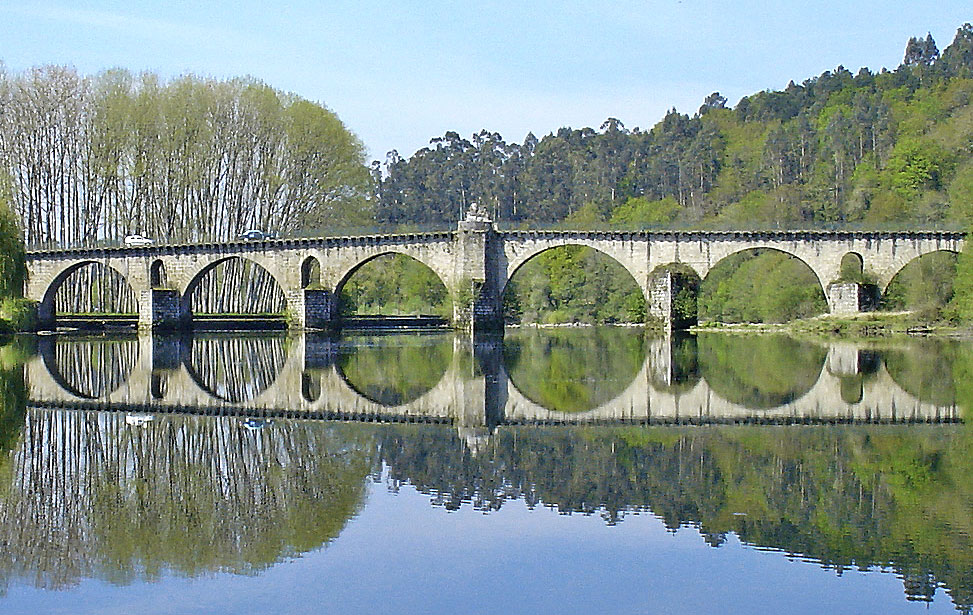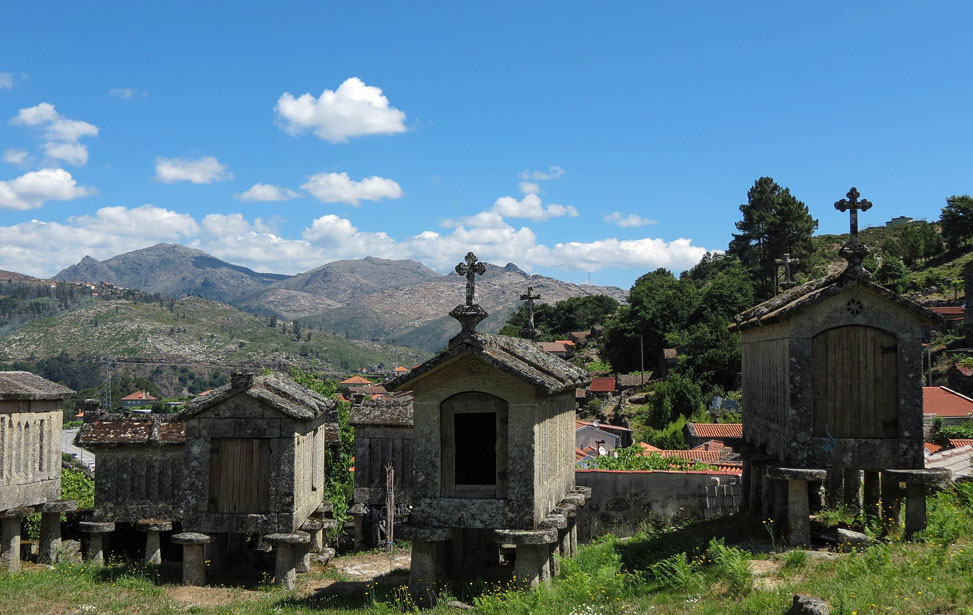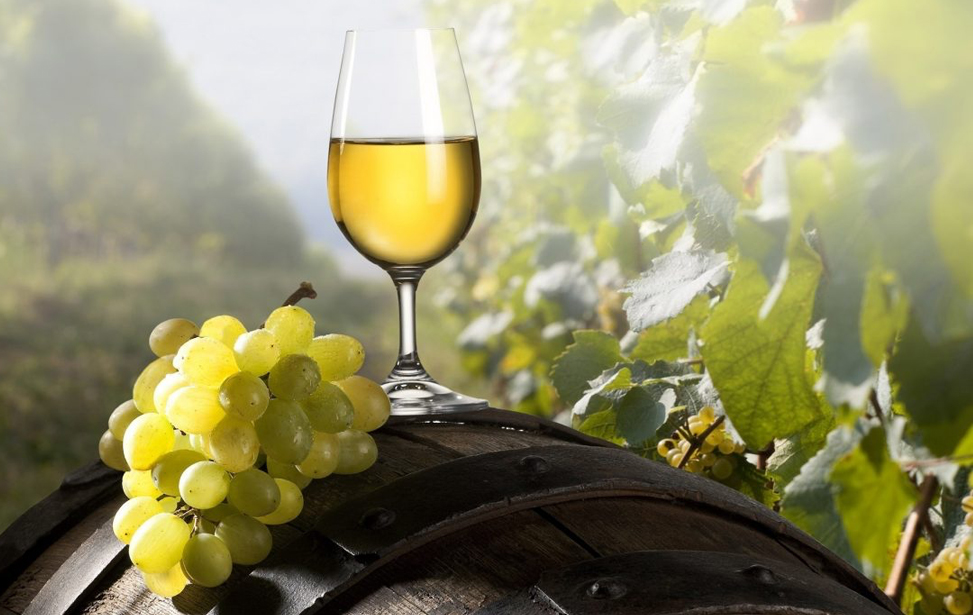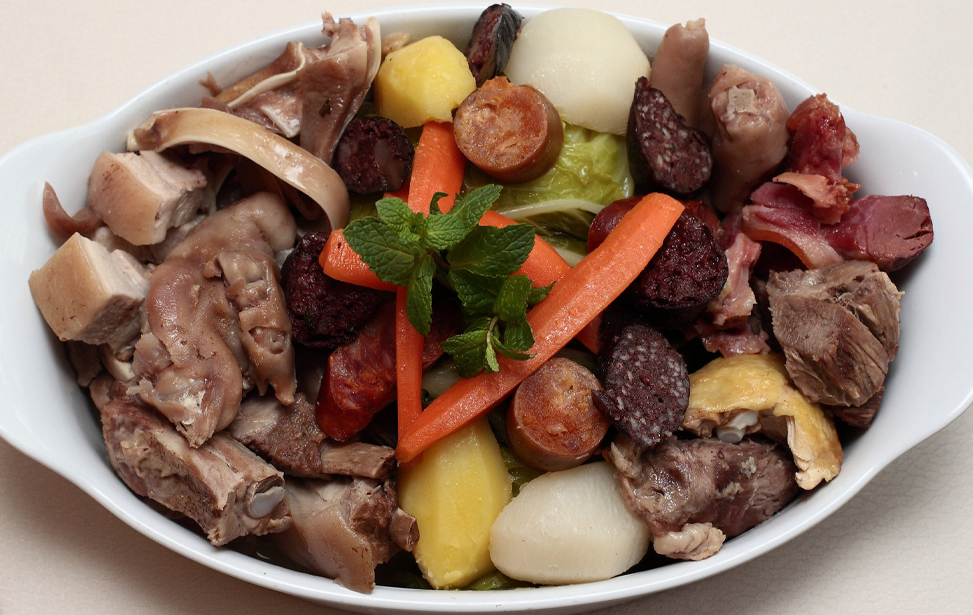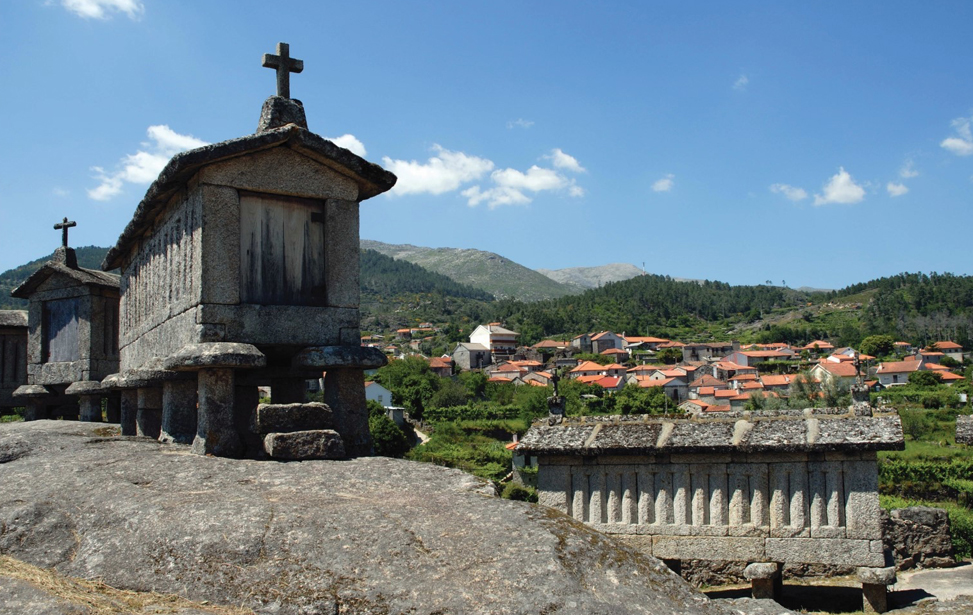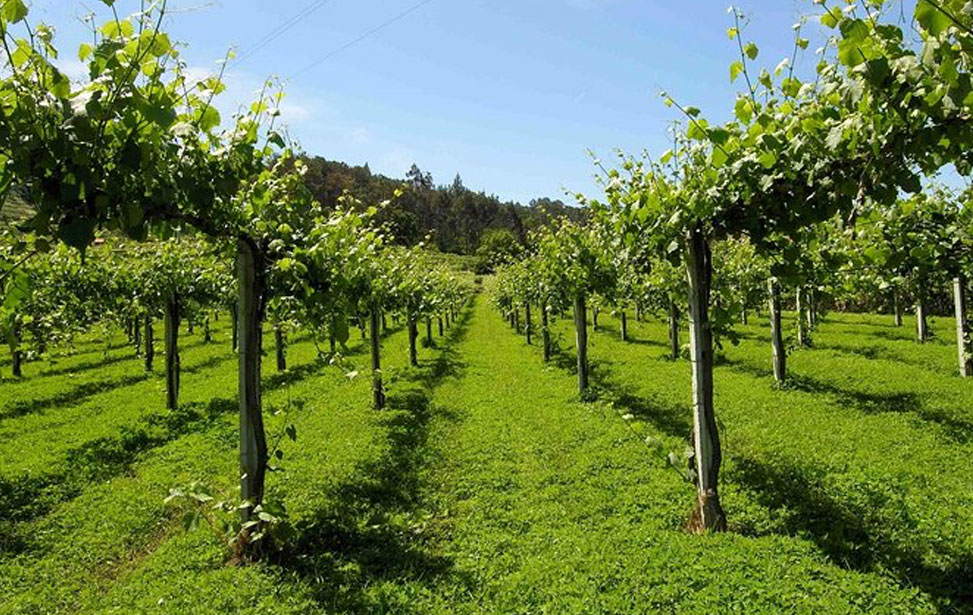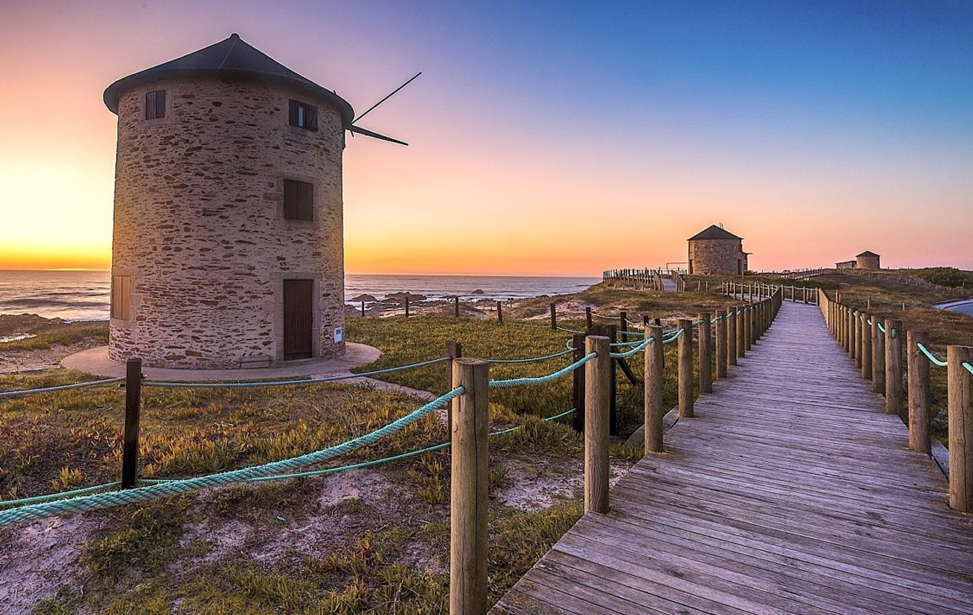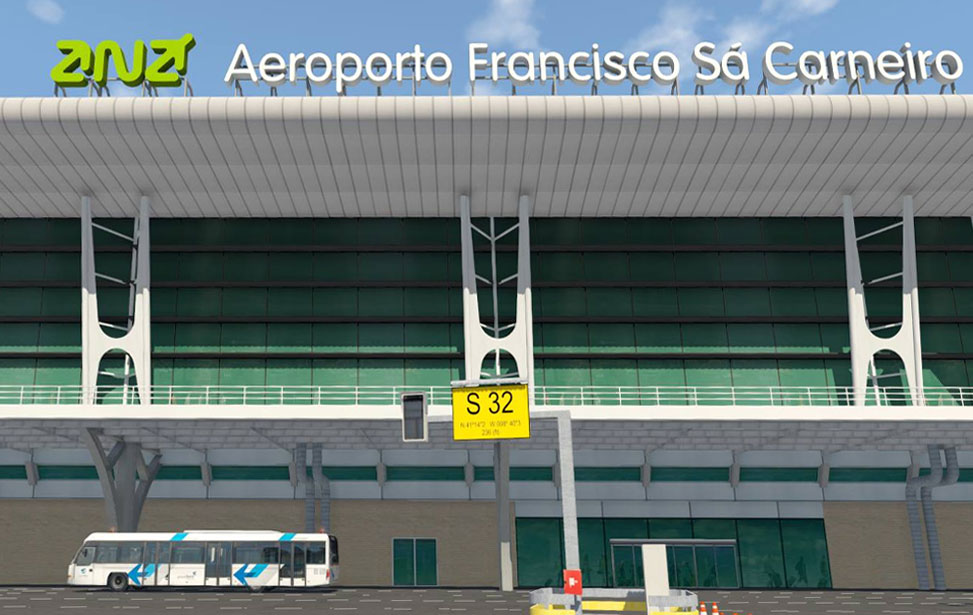- BUY TICKETS
-
| PORTO
-
DISTRICTS
- World Heritage Centre
- Baixa (Downtown)
- Vila Nova de Gaia
- Foz do Douro & West
- Matosinhos & North
MONUMENTS & PLACES OF INTEREST
- Cais da Ribeira (Quayside)
- Casa da Música
- Livraria Lello (Bookshop)
- Muralha Fernandina
- Port Lodges
- Ponte Luiz I (Bridge)
- São Bento Train Station
- Sea Life Porto
- Teatro Nacional São João
- Zoo Santo Inácio
CASTLES & PALACES
- Episcopal Palace (Paço do Bispo)
- Palácio da Bolsa
GREEN SPACES
- Palácio de Cristal Gardens
- Parque da Cidade
RELIGIOUS BUILDINGS
- Cathedral of Porto
- Church of Santa Clara
- Clérigos Church & Tower
- Igreja de São Francisco
- Igreja do Carmo
- Mosteiro de Serra do Pilar
MISCELLANEOUS
- Port Wine
- Porto Card
MUSEUMS & GALLERIES
- Casa do Infante Museum
- Casa Museu Teixeira Lopes
- Centro Português de Fotografia
- Futebol Clube do Porto Museum
- Fundação de Serralves
- Galeria da Biodiversidade
- Military Museum
- Museu dos Bombeiros
- National Printing Museum
- Port Wine Museum
- Romantic Museum
- Soares dos Reis National Museum
- Super Bock Casa da Cerveja
- Tram Museum
- Transport and Communications Museum
- World of Discoveries - Interactive Museum
- WOW – World of Wine
-
- EAT
- SLEEP
- ACTIVITIES
- INFORMATION
-
| NORTH PORTUGAL
-
REGIONS
- Costa Verde
- Douro Valley
- The Minho
- Trás os Montes
WINES OF NORTHERN PORTUGAL
- Douro DOC
- Távora-Varosa DOC
- Trás os Montes DOC
- Vinho Verde DOC
-
- | MORE


 MAD ABOUT LISBON
MAD ABOUT LISBON MAD ABOUT SINTRA
MAD ABOUT SINTRA MAD ABOUT PORTUGAL
MAD ABOUT PORTUGAL